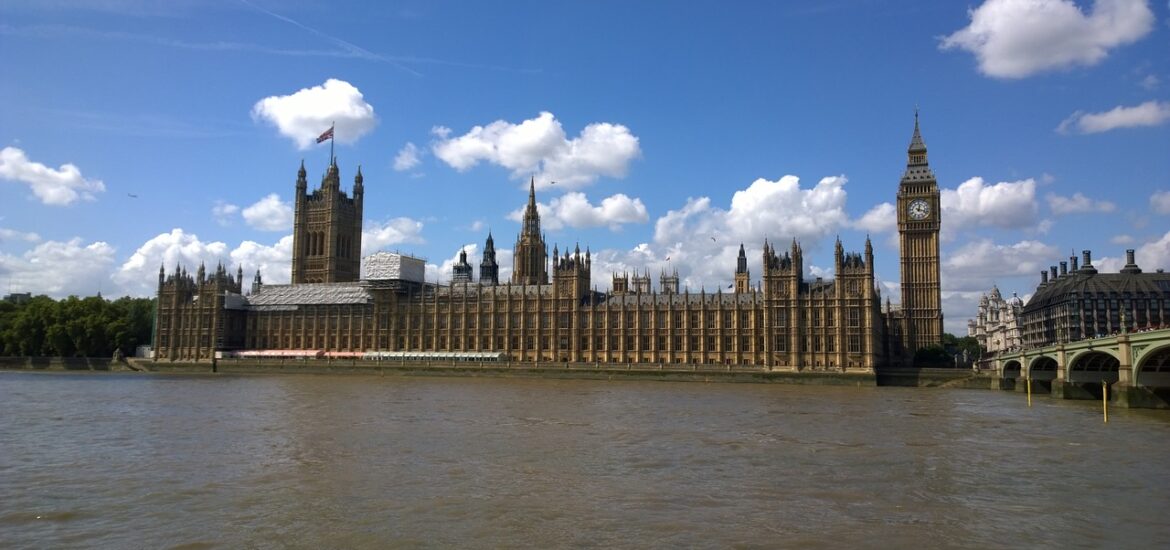Receiving a UK visa refusal can be disheartening, especially if you had plans for work, study, or family reunions. However, a refusal does not necessarily mean the end of your journey. In many cases, you have the option to request reconsideration, appeal, or reapply. Understanding the reasons behind your refusal and following the correct procedure for reconsideration can significantly improve your chances of success. This guide will help you navigate the process of reconsideration for a UK visa refusal effectively.
- Understanding the Reasons for Visa Refusal
Before taking any action, it’s crucial to understand why your visa application was refused. The UK Home Office provides a refusal letter outlining the reasons, which may include:
- Insufficient documentation: Missing or incorrect supporting documents.
- Financial requirements not met: Inability to prove adequate funds.
- Incorrect application form: Errors in filling out the visa application.
- Failure to meet eligibility criteria: Not fulfilling work, study, or residency requirements.
- Lack of credibility: Inconsistencies in your statements or supporting documents.
- Reconsideration vs. Appeal vs. Reapplication
There are different ways to respond to a UK visa refusal. It is important to choose the right approach based on your case.
Reconsideration Request
A reconsideration request is applicable in limited circumstances where the refusal was based on a clear error by the UK Home Office. You may request reconsideration if:
- Your visa was refused due to a factual error.
- You provided all required documents, but they were overlooked.
- There was a misinterpretation of the visa rules.
Appeal Process
If your visa was refused on human rights grounds (such as family reunification), you may have the right to appeal to the First-tier Tribunal (Immigration and Asylum Chamber). This involves:
- Submitting an appeal form within the specified deadline.
- Presenting new evidence to support your case.
- Attending a tribunal hearing if necessary.
Reapplication
If your refusal was due to missing or incorrect documentation, the best option might be to correct the errors and submit a fresh application.
- How to Request a Reconsideration
If you believe the refusal was based on an error, follow these steps to request a reconsideration:
Step 1: Review the Refusal Letter
Carefully go through the refusal notice to determine whether there was an error that warrants reconsideration.
Step 2: Gather Supporting Evidence
Prepare documents that prove the error, such as:
- A copy of the submitted application.
- Evidence that all required documents were provided.
- Any official confirmation (bank statements, letters from employers, etc.) supporting your claim.
Step 3: Draft a Reconsideration Request Letter
Your letter should include:
- Your full name, date of birth, and visa reference number.
- A clear explanation of why you believe the decision was incorrect.
- Supporting evidence attached to your request.
- A formal and polite tone requesting reconsideration.
Step 4: Submit the Request
Send the reconsideration request to the UK Home Office via email or postal mail, as specified in the refusal letter.
- What Happens After a Reconsideration Request?
After submitting your reconsideration request, the UK Home Office will review your case and respond within a few weeks to months. The possible outcomes include:
- Reversal of the refusal: Your visa is granted based on the reconsideration request.
- Upholding the refusal: The original decision remains unchanged.
- Request for additional documents: The Home Office may ask for further clarification before making a decision.
- Tips to Avoid Future Visa Refusals
To prevent visa refusals in the future, consider the following:
- Ensure all required documents are included.
- Double-check financial statements to meet the required thresholds.
- Be truthful and consistent in your application.
- Seek legal advice if unsure about eligibility.
- Apply well in advance to allow time for corrections.
A UK visa refusal can be frustrating, but it does not necessarily mean the end of your plans. By understanding the reasons for refusal and following the correct reconsideration process, you can improve your chances of a successful outcome. Whether requesting a reconsideration, appealing, or reapplying, careful preparation and attention to detail are key to securing your UK visa.
For more information you can contact UK Property Inspection Report or call us at 07500242494 / 020 3129 5156.




